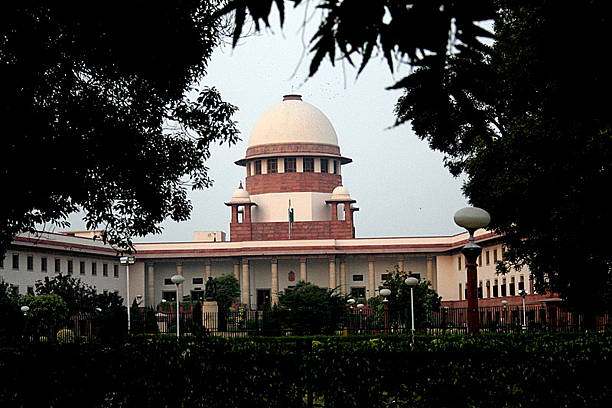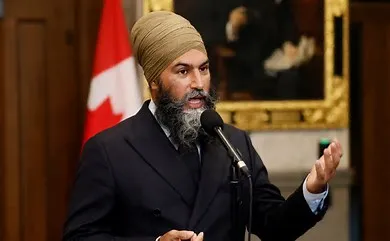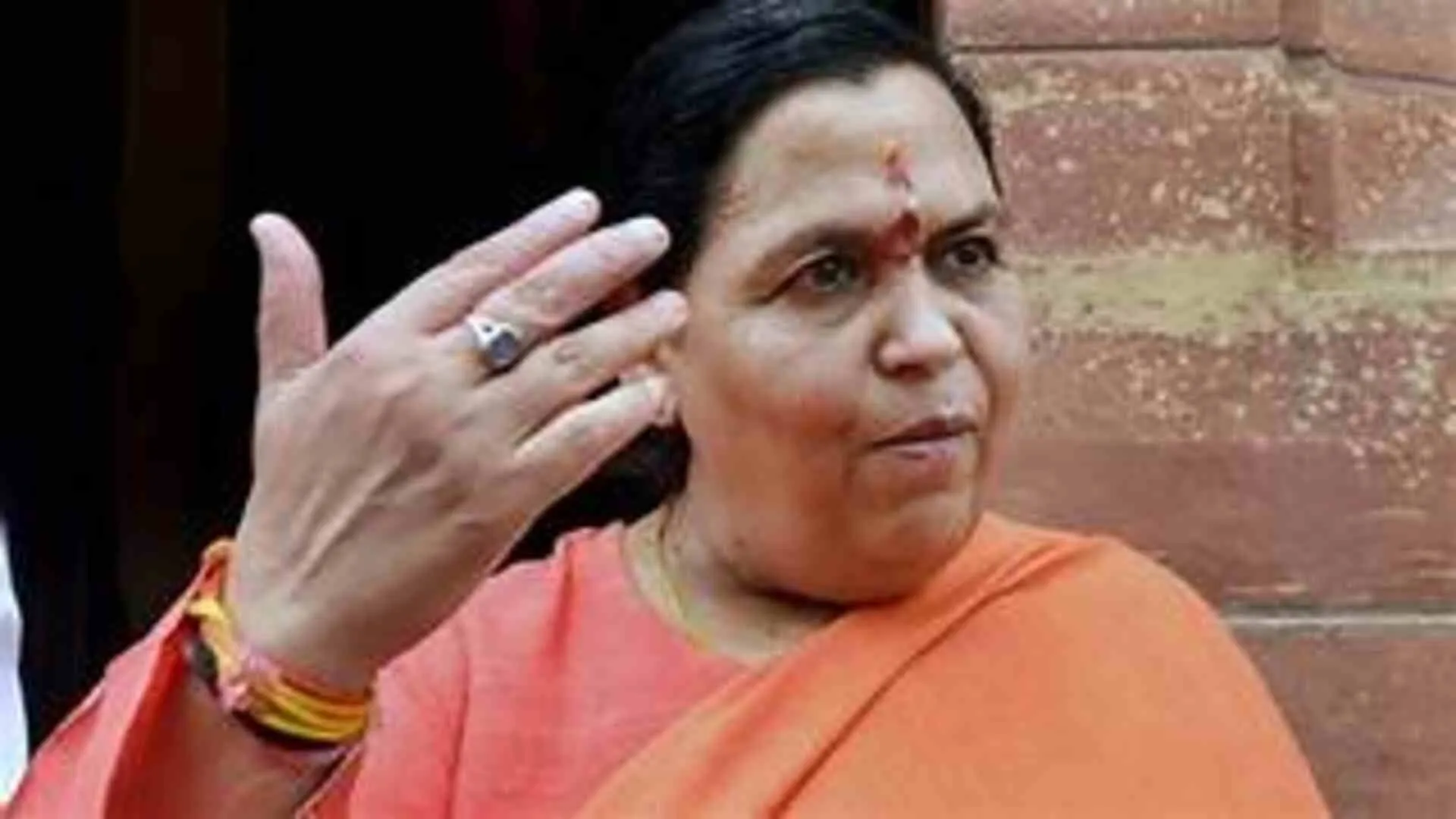The Supreme Court in the case Advocate Union for Democracy & Social Justice v. High Court of Madhya Pradesh observed and has refused to entertain a petition filed seeking directions to make answer scripts available of all the candidates who appeared for the Mains written examination for the District Judiciary in the State of Madhya Pradesh. In the present case, the petitioner being an organization named “Advocate Union for Democracy & Social Justice”, had approached the High Court of Madhya Pradesh with the plea which the court dismissed. The petitioner approached the Supreme Court following that. The bench comprising of Chief Justice of India, D.Y. Chandrachud, Justice V. Ramasubramanian and Justice J.B. Pardiwala was hearing the matter. It has also been indicated by CJI that the proportion which is being forwarded by the petitioner was ‘extremely dangerous’ and was prone to misuse. Adding to which, CJI stated that these coaching classes fellows will get hold of the answer sheets. Before the court, the counsel appearing for the petitioner submitted that if the answer scripts are disclosed then the same would help the future aspirants. It has further been noted by the CJI while refusing to accept the said argument that the disclosure sought in the plea is squarely covered by the bar under Section 8 of the Right to Information Act, as the answer sheets are being held in exercise of the fiduciary relationship between the candidates and the concerned authorities. The bench headed by Justice Ramasubramanian in the case reckoned that if a few selected answer sheets are made available to the petitioner and after reading the content they might implore the Court not for not disclosing them. The court stated that, if the petitioner want to read the answer sheets of some of them, then this court will select and give you some answer papers, then you have to come up with the prayer not to give it. As, you think it is being a boon, but actually it is not. It has been contended by the petitioner before the High Court that for achieving the ultimate goal of transparency in the process of selection and for the appointment to the post of Civil Judge (Entry Level) and District Judge (Entry Level) in the State and the answer copies written by all the candidates be ought to be made available on website of the Court. Further, the court seek directions for declaring the relevant provisions of the notification for the said exam as null and void which is being restricted the supply of answer copies to only the concerned candidate who applied for the same. It has also been submitted by the petitioner before the court that making available the answer copies of all the candidates who appeared in the said examination on the website of the Court would not offend the exemption clause under Section 8 of the RTI Act, 2005 Further, it was argued before the court that the same would not only enhance the transparency but would also be academically enriching for prospective candidates who may appear in the subsequent examinations which is to be held in future. The High Court categorically observed while dismissing the plea: The contents of an answer sheet which are written by a particular candidate contains information privy and personal with respect to the said candidate and, therefore, any disclosure of the said information to the public at large which can be permitted only when the concerned candidate has no objection. However, the disclosure of contents of an answer sheet of a candidate in public domain will invite number of complications which include which include the intrusion into the privacy of the candidate concerned, while the examining body being compelled to indulge in innumerable applications thereby opening pandora’s box which may be difficult to control and manage, etc. The disclosure of the said answer sheet in public domain is susceptible to the danger of coaching institutes collecting copies from candidates (after perhaps encouraging and including the candidate to apply for answer copies under the RTI). Therefore, that the answer copy contains information personal to the candidate which cannot be disclosed without consent of the candidate concerned or the public interest outweighs the personal interest and which is not the case herein.

















